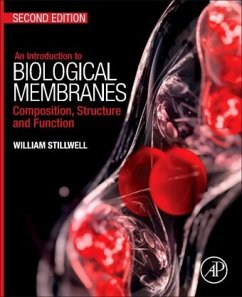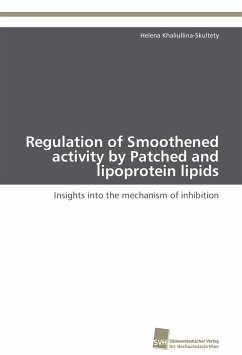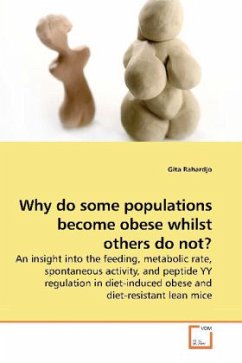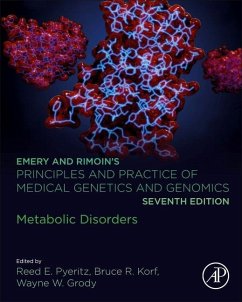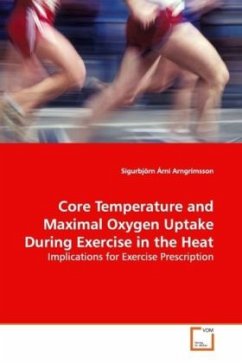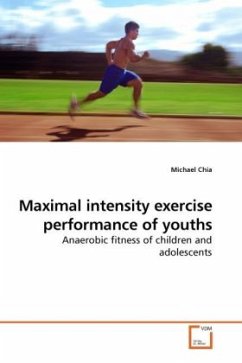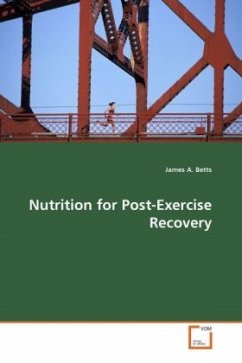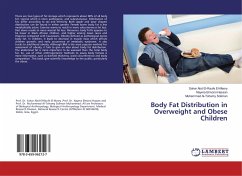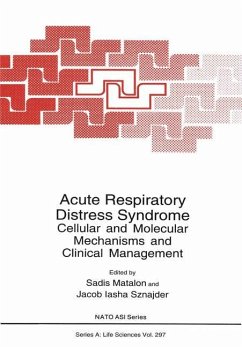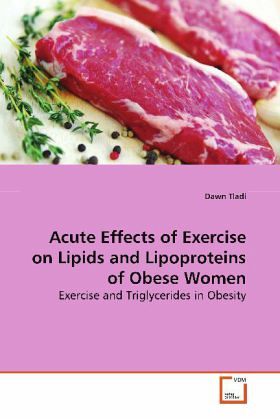
Acute Effects of Exercise on Lipids and Lipoproteins of Obese Women
Exercise and Triglycerides in Obesity
Versandkostenfrei!
Versandfertig in 6-10 Tagen
39,99 €
inkl. MwSt.

PAYBACK Punkte
20 °P sammeln!
Acute exercise reduces triglycerides (TG) and increases high-density lipoprotein cholesterol (HDL-C) and HDL2-C in both men and women. Acute effects of moderate intensity walking on plasma lipids and lipoproteins of obese Black and White women were invstigated. Energy expenditure of either 300 or 500 kcal was not sufficient to change TC, LDL-C, HDL-C, HDL3-C, and HDL2-C in obese women. Triglycerides were increased immediately post exercise and returned to baseline at 24 and 48hrs after exercise. The magnitude of change in TG was dependent on the amount of energy expended. Plasma HDL-C and HDL2...
Acute exercise reduces triglycerides (TG) and
increases high-density lipoprotein cholesterol (HDL-
C) and HDL2-C in both men and women. Acute effects
of moderate intensity walking on plasma lipids and
lipoproteins of obese Black and White women were
invstigated. Energy expenditure of either 300 or 500
kcal was not sufficient to change TC, LDL-C, HDL-C,
HDL3-C, and HDL2-C in obese women. Triglycerides
were increased immediately post exercise and
returned to baseline at 24 and 48hrs after exercise.
The magnitude of change in TG was dependent on the
amount of energy expended. Plasma HDL-C and HDL2-C
of obese women seem to be resistant to the increase
usually observed with acute exercise in non-obese
women. Obese women responded with increased TG
immediately post exercise as opposed to the decrease
usually observed immediately post exercise in non-
obese women. A different response by obese women may
be due to the effect obesity has on blood lipid and
lipoprotein metabolism.
increases high-density lipoprotein cholesterol (HDL-
C) and HDL2-C in both men and women. Acute effects
of moderate intensity walking on plasma lipids and
lipoproteins of obese Black and White women were
invstigated. Energy expenditure of either 300 or 500
kcal was not sufficient to change TC, LDL-C, HDL-C,
HDL3-C, and HDL2-C in obese women. Triglycerides
were increased immediately post exercise and
returned to baseline at 24 and 48hrs after exercise.
The magnitude of change in TG was dependent on the
amount of energy expended. Plasma HDL-C and HDL2-C
of obese women seem to be resistant to the increase
usually observed with acute exercise in non-obese
women. Obese women responded with increased TG
immediately post exercise as opposed to the decrease
usually observed immediately post exercise in non-
obese women. A different response by obese women may
be due to the effect obesity has on blood lipid and
lipoprotein metabolism.



